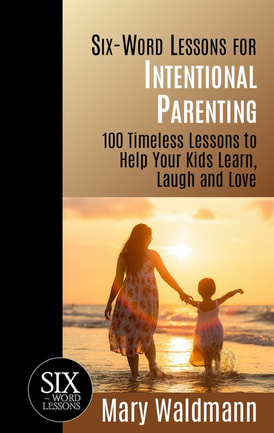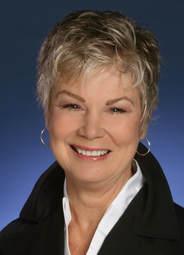 If you’ve been reading my blogs on parenting, you’ve heard me bemoan the heavy use of cellphones and other screens by young children and teens and how damaging it can be to social and intellectual development. Now comes Erika Christakis in the July/August Atlantic Monthly who says that when it comes to children’s development, we should worry less about their screen time and more about our own. In her article, The Dangers of Distracted Parenting she cites research that, despite the increase of women in the workforce, today’s mothers (and fathers) spend astoundingly more time with their children than did parents of the 1960s. But our engagement is increasingly low quality: while parents are physically present in their children’s lives, they are far less emotionally attuned, primarily due to screen distractions. Now this isn’t to discount the direct risk that screens pose to children and today’s preschoolers spend, on average, four hours a day facing a screen. There’s no question that time spent with a screen is time not spent exploring the world or interacting with others. But, as Christakos points out, “for all the talk about children’s screen time, surprisingly little attention is paid to screen use by parents themselves, who now suffer from ‘continuous partial attention’” which harms not just us, but our children as well. We’ve long known that human learning is based on emotional cueing, the prime example of which is responsive communication. Child development is relational---babies can be taught things by human interaction, even with other babies, that they cannot learn from a screen. According to one expert, “Language achievement is the single best predictor of academic success and the key to strong language skills are those back-and-forth fluent conversations between young children and adults.” A problem arises when the developmentally essential back-and-forth emotional cueing between adult and child is constantly interrupted by a text or a quick check of e-mail. Christakos agrees that it’s not easy to balance adults’ and children’s needs---your child will never be your unwavering center of attention. Parents have long left children in the playpen or the backyard to amuse themselves at times. Occasional parental inattention may even build resilience. Chronic distraction, however, is a totally different story. A tuned-out parent is much quicker to misread emotional cues from the child, or to become irritated or angry when the child just wants attention. Short, intentional disengagement---like saying you need a half hour to complete a task---isn’t going to harm your child. But chronic inattention sends a clear message to your child that your smartphone messages, texts and Instagram are more important to you than the child. And this is true for your teens as well as younger children. Just ask a few teenagers. Children are hardwired to get what they need from adults and will do a lot to get a distracted parent’s attention. If we don’t change our behavior, they will attempt to do it for us and we can expect more tantrums from little ones and acting out by older children. But eventually children will give up. As Christakos says, in child development it takes two to tango and well-known studies from Romanian orphanages have shown us how babies’ brains fail to develop when they lack a willing dance partner. As Christakos concludes, we find it far easier to focus on our children’s screen time than to turn off our own devices, but we really need to start paying attention. “Put your kid in a playpen, already. Ditch the soccer-game appearance if you feel like it. Your kid will be fine. But when you are with your child, put down your damned cell phone.” I say ‘Hear, hear!”  A graduate of Stanford University, Mary Waldmann and her husband Raymond raised three children who are now independent, well-adjusted and happy young adults. Before becoming a mother, she was a successful real estate broker, political consultant and public relations executive, and worked as a part-time communications consultant when her children were young. Mary is the author of Six-Word Lessons on Winning with Today's Media , Six-Word Lessons for Intentional Parenting, and Six-Word Lessons for Compelling Speeches.
0 Comments
Your comment will be posted after it is approved.
Leave a Reply. |
See the Authors!
All
|

 RSS Feed
RSS Feed